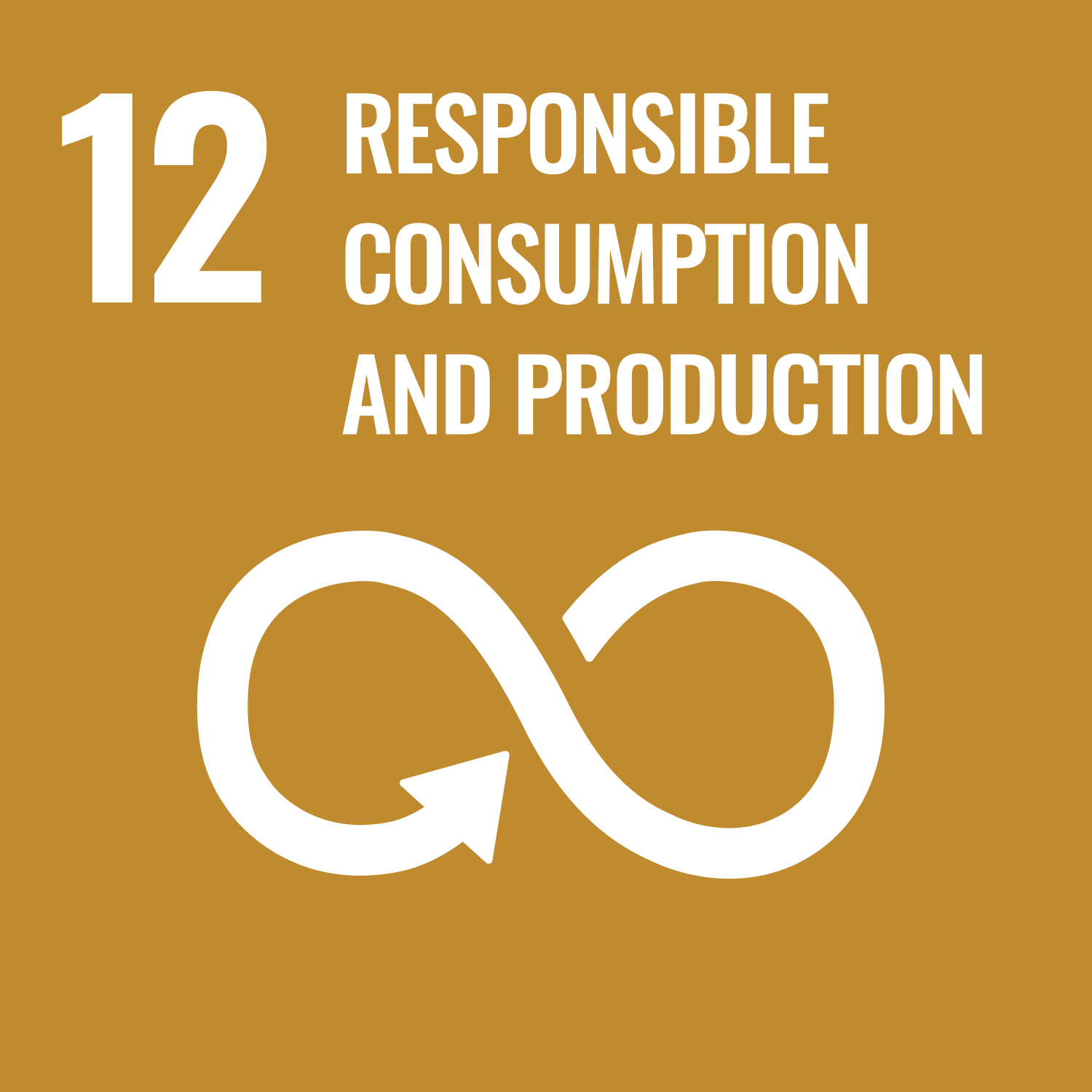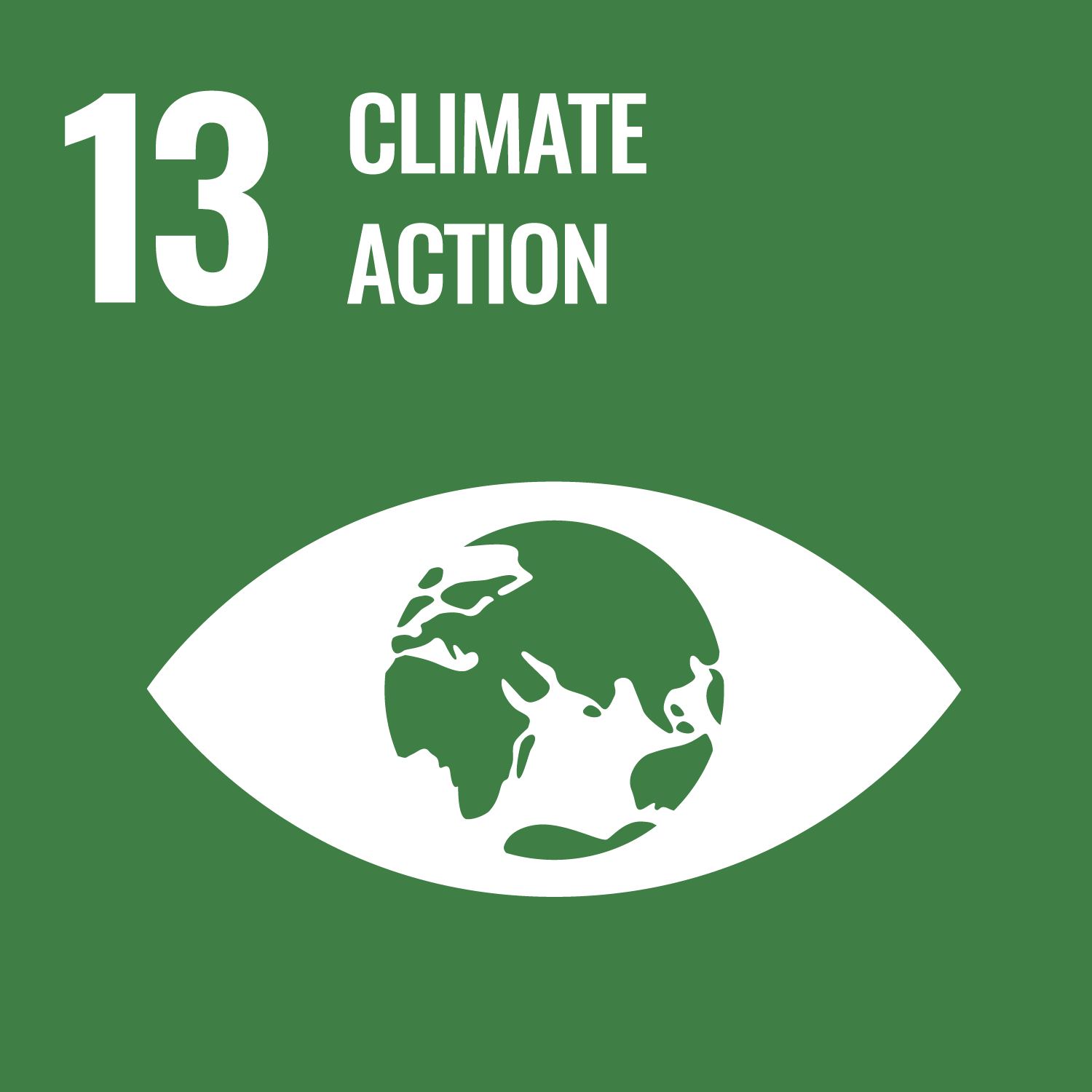ORCID
- Miriam Reverter: 0000-0002-7743-8647
Abstract
With an ever-increasing human population, food security remains a central issue for the coming years. The magnitude of the environmental impacts of food production has motivated the assessment of the environmental and health benefits of shifting diets, from meat to fish and seafood. One of the main concerns for the sustainable development of aquaculture is the emergence and spread of infectious animal diseases in a warming climate. We conducted a meta-analysis to investigate the influence of global warming on mortality due to viral infections in farmed aquatic animals. We found a positive trend between increasing temperature and increasing viral virulence, with an increase in water temperature of 1 °C resulting in an increase in mortality of 1.47–8.33% in OsHV-1 infected oysters, 2.55–6.98% in carps infected with CyHV-3 and 2.18–5.37% in fishes infected with NVVs. We suggest that global warming is going to pose a risk of viral disease outbreaks in aquaculture and could compromise global food security.
DOI Link
Publication Date
2023-04-17
Publication Title
Microorganisms
Volume
11
Issue
4
Acceptance Date
2023-04-13
Deposit Date
2023-04-25
Embargo Period
2023-04-26
Recommended Citation
Combe, M., Reverter, M., Caruso, D., Pepey, E., & Gozlan, R. (2023) 'Impact of Global Warming on the Severity of Viral Diseases: A Potentially Alarming Threat to Sustainable Aquaculture Worldwide', Microorganisms, 11(4). Available at: 10.3390/microorganisms11041049






